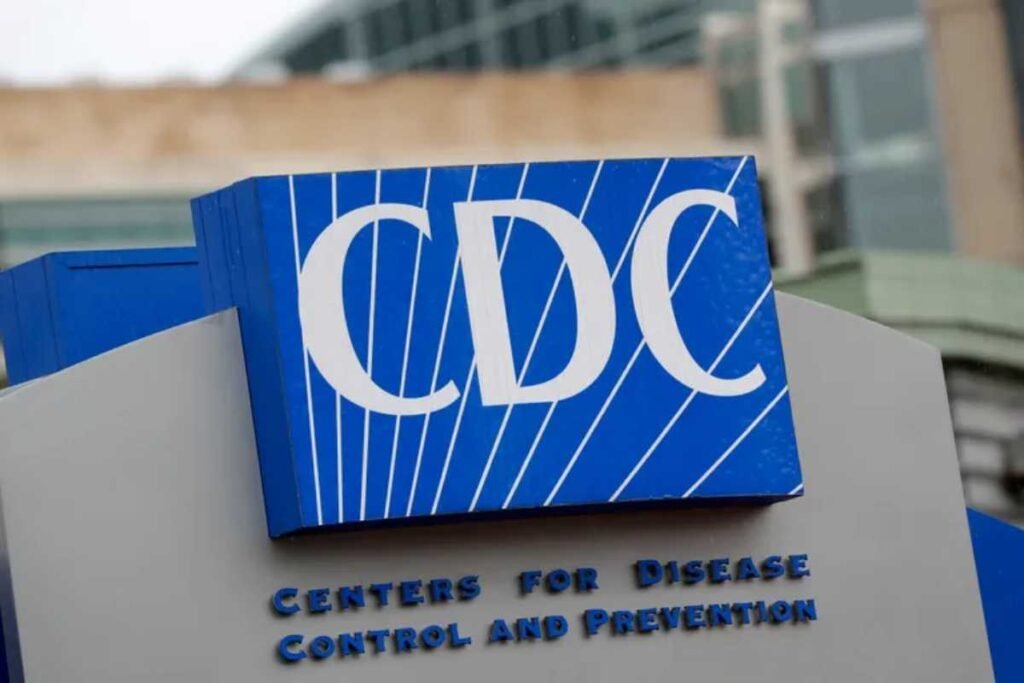[Source-seattletimes.com]
A Rare Case of Bird Flu in Missouri
Health officials announced on Thursday that a recent case of bird flu in Missouri is believed to be a rare, isolated occurrence. The Centers for Disease Control and Prevention (CDC) stated that while they have not identified the exact strain of flu, there is currently no evidence to suggest human-to-human transmission. “Right now, evidence points to this being a one-off case,” said Dr. Nirav Shah, the CDC’s principal deputy director. Despite concerns raised by the Missouri case, the CDC has reiterated that the risk to the general public remains low.
Unusual flu strains that originate in animals occasionally infect humans. This year, there have already been seven reported cases of swine flu in the U.S. However, this bird flu in Missouri case marks the first time an avian flu strain of this nature has been detected in a human by the surveillance system.
Investigation and Patient Recovery
The patient, who was hospitalized on August 22 for symptoms including chest pain, nausea, vomiting, diarrhea, and weakness, has since recovered and returned home after receiving antiviral medication. The individual was initially tested for influenza A, a broad category of the virus. Subsequent testing revealed the presence of viral genetic material similar to strains typically found in birds, but not people. Due to the low concentration of the virus in the patient’s samples, officials were unable to fully analyze and confirm the specific strain. However, partial genetic sequences matched those found in viruses isolated from U.S. dairy cows.
The patient had no known contact with dairy cows, wild birds, or other animals associated with the current bird flu outbreak. Additionally, the individual reported not consuming unpasteurized dairy products. Investigators are now examining the patient’s contacts to check for signs of potential infection.
CDC confirms first human case of bird flu in Missouri
Preparedness and Future Precautions
The Missouri case is the 14th instance of bird flu reported in the U.S. since March when the virus was detected in cows. Despite these cases, which were relatively mild and involved individuals who had direct contact with infected animals, U.S. health officials remain vigilant. The CDC is preparing for the possibility of a broader spread of the bird flu virus among humans or an increase in severe cases.
To enhance preparedness, the CDC announced a partnership with five commercial lab companies to develop and conduct tests for H5N1 and other viruses. An initial investment of at least $5 million has been made, with plans to expand up to $118 million over the next five years if necessary. This initiative marks a shift from the CDC’s traditional approach of developing its own tests during the early stages of epidemics, which has historically delayed the widespread detection of new infections.









